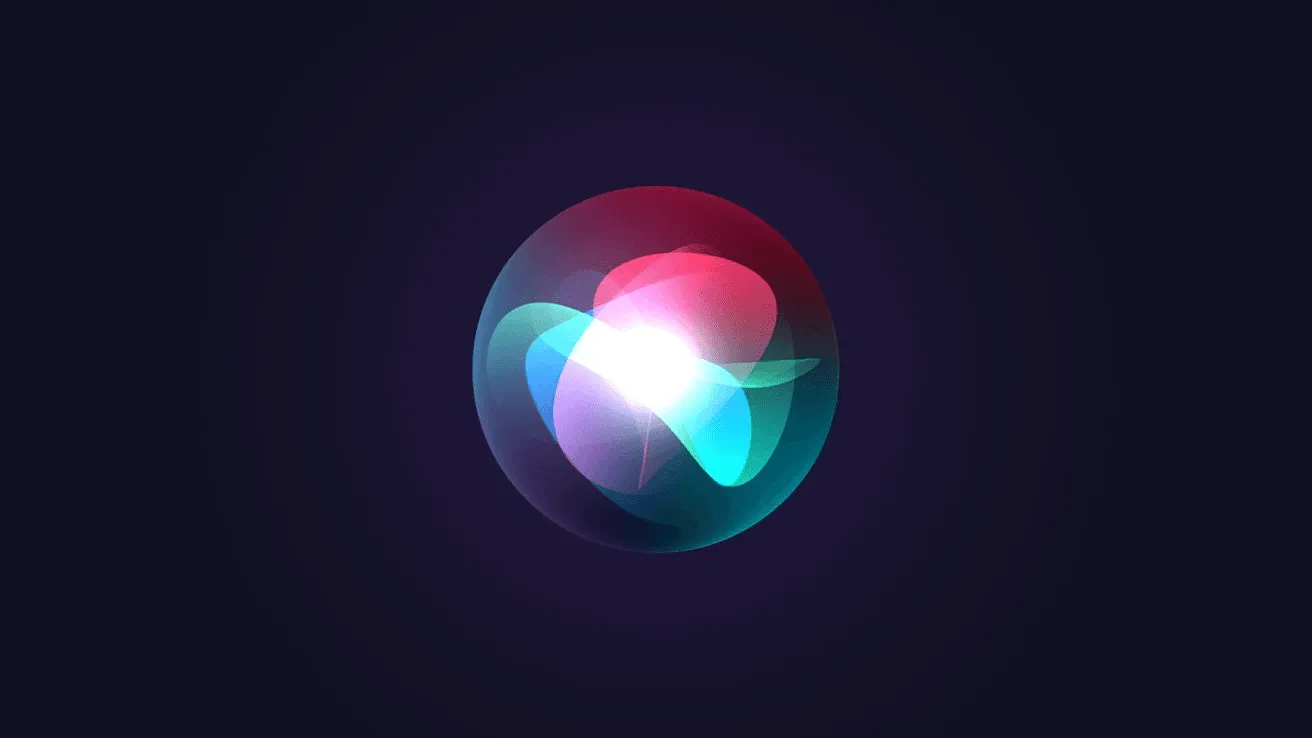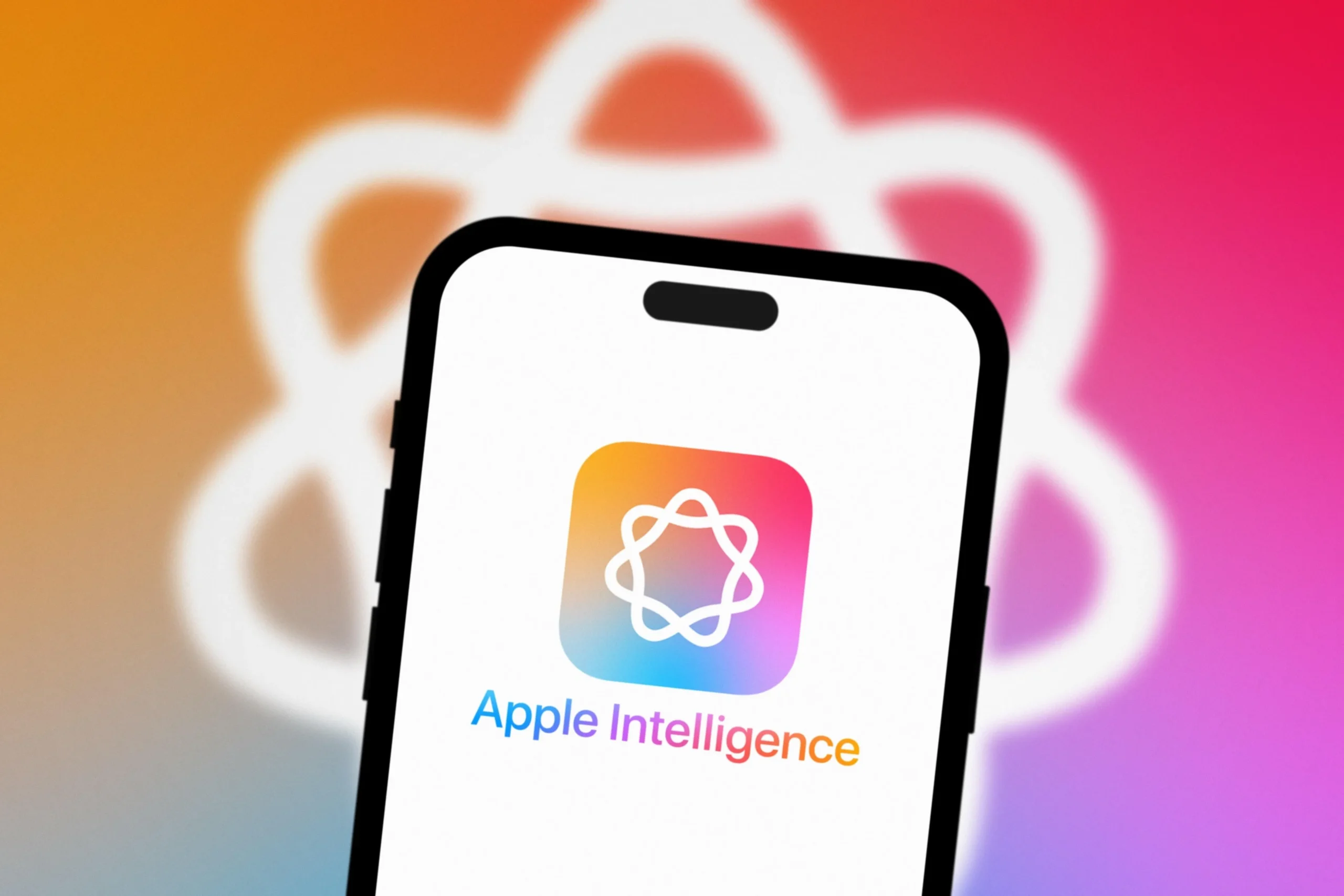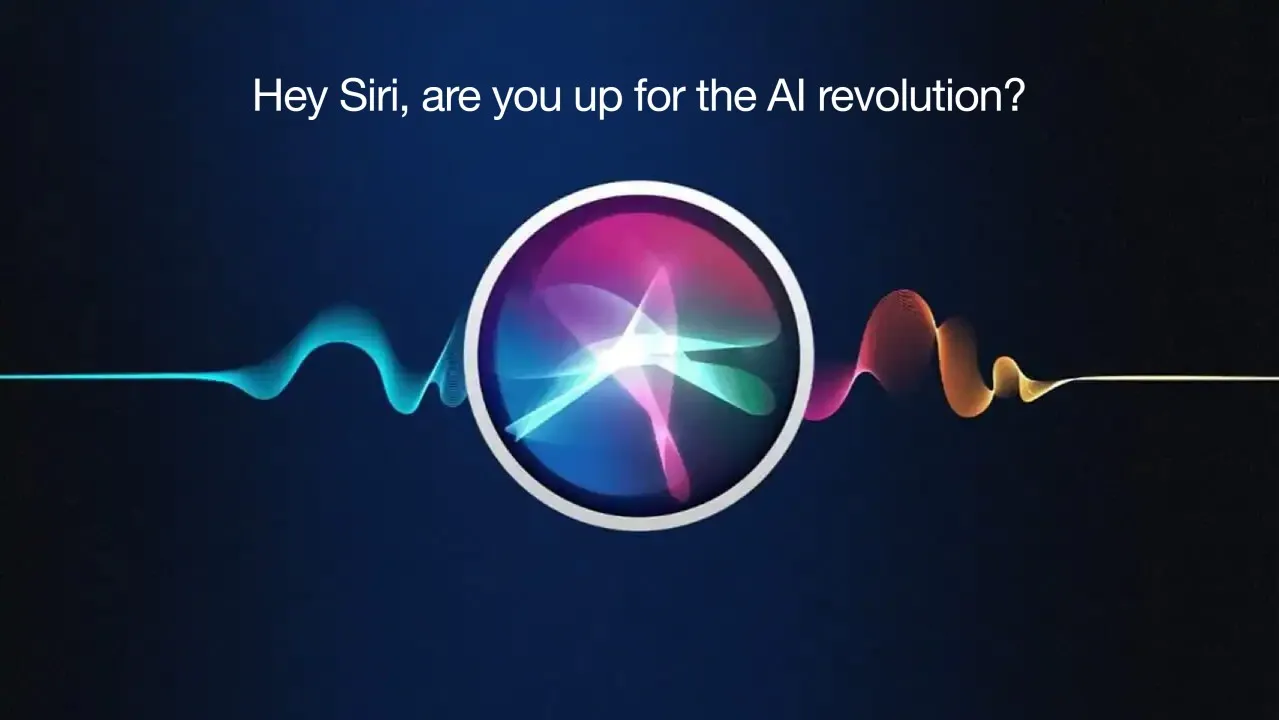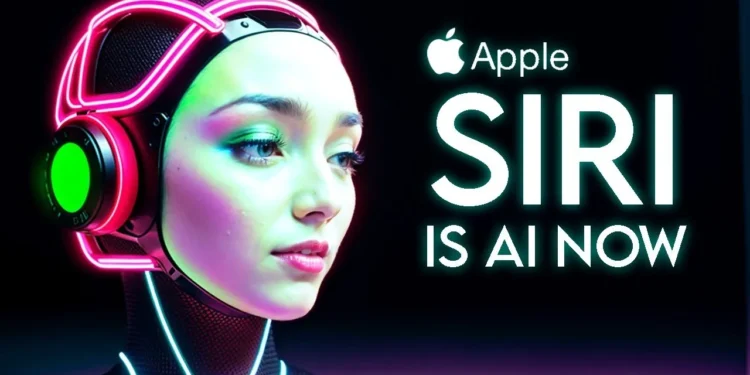Apple is a company that has built its reputation on perfection and the meticulous preparation of its products before launch. But after the release of ChatGPT in late 2022 and the explosion of AI technologies, Apple seemed to take a step back from the AI race, prompting many to speculate about its position in the tech world. Was Apple truly behind, or was it waiting for the right moment to unveil its own AI innovations? Fast forward to 2023, and we now find ourselves questioning whether the tech giant rushed into an uncharacteristic misstep with its much-anticipated update to Siri and the broader Apple Intelligence ecosystem.

Siri’s So-Called “Personalization” Falls Short
Of all the features promised during Apple’s AI rollout, the enhancement of Siri seemed to be the most compelling. Siri, Apple’s virtual assistant, has long been a symbol of Apple’s ambitions in AI. At WWDC 2023, Apple unveiled plans to take Siri to the next level with more personalized, context-aware functionality. Users were told they could ask Siri to play podcasts based on recommendations or check flight statuses without even needing to look up the details. The promise was huge, but reality didn’t quite meet expectations.
Despite the hype, Siri’s actual performance on the new iPhone 15 Pro was, disappointingly, far from the polished assistant Apple had promised. Even with the latest hardware, Siri still struggled to understand or deliver on some of the basic, personalized commands users had been promised. For instance, I found myself disappointed when Siri failed to carry out even simple tasks, such as recognizing recommended podcasts or tracking a family member’s flight information.
In response to user feedback, Apple made a public statement on March 7, acknowledging that Siri’s much-hyped personalization features would take longer to roll out than expected. They said, “We’ve also been working on a more personalized Siri, giving it more awareness of your personal context, as well as the ability to take action for you within and across your apps. It’s going to take us longer than we thought to deliver on these features and we anticipate rolling them out in the coming year.”

A Familiar Feeling: Apple’s “Concept Video” Problem
The delay and underperformance of Siri left many, including Gruber, feeling uneasy. He argued that Apple’s announcement at WWDC wasn’t a live demonstration of a working feature but rather a “concept video.” Gruber, who is well-versed in Apple’s history, drew unsettling parallels to the company’s infamous “Knowledge Navigator” video, which was unveiled during a time of financial turmoil for Apple in the late 1980s. That ambitious concept never came to fruition, and Gruber speculated that the current Siri debacle could be another sign of internal confusion and lack of readiness within the company.
“Concept videos are bullshit,” Gruber wrote, adding that it was a “sign of a company in disarray, if not crisis.” While Gruber may have been somewhat dramatic in his assessment, his concerns highlight the core issue: Apple made promises about a feature that wasn’t ready, and the delay now threatens to tarnish its carefully crafted image of perfection.
Was This a Misstep by Tim Cook’s Apple?
So, is Apple in crisis mode? Not exactly. Apple is far from being in the same financial position as it was in the late ’80s. However, this recent misstep with Siri and Apple Intelligence represents the first time in the post-Jobs era that Apple has bitten off more than it could chew. Tim Cook’s Apple has often been praised for its cautious and calculated approach, especially in contrast to the “move fast and break things” mentality adopted by some of its competitors. Yet, in this case, Apple seems to have rushed the launch of features that were clearly not ready for prime time.
If Apple had adhered to its usual playbook of releasing products only when they were fully ready, it’s likely that the Siri upgrade and the broader AI rollout would have come much later, possibly in June 2025. But Apple’s eagerness to compete in the rapidly growing AI market led it to make a promise it couldn’t keep – and that’s a rare and significant slip-up for the company.

In the grand scheme of things, Apple’s Siri misstep is hardly a major catastrophe. It’s clear that the company is still committed to improving its virtual assistant and delivering a more personalized experience for its users. However, this miscalculation in timing and execution calls into question whether Apple overestimated its ability to jump into the AI race without fully understanding the complexities involved. Whether Apple can recover and deliver on its AI promises in the coming years remains to be seen, but one thing is for sure: Apple’s reputation for perfection may have taken its first serious hit under Tim Cook’s leadership.










